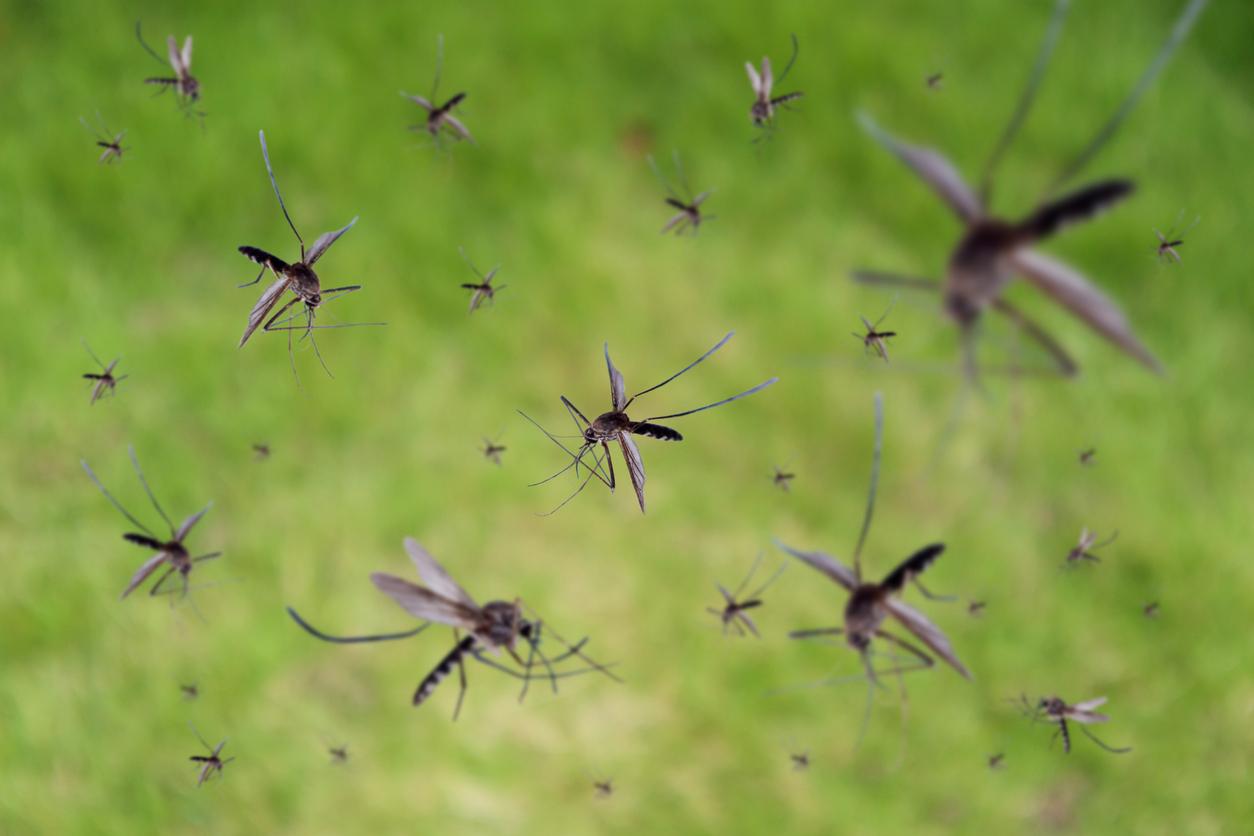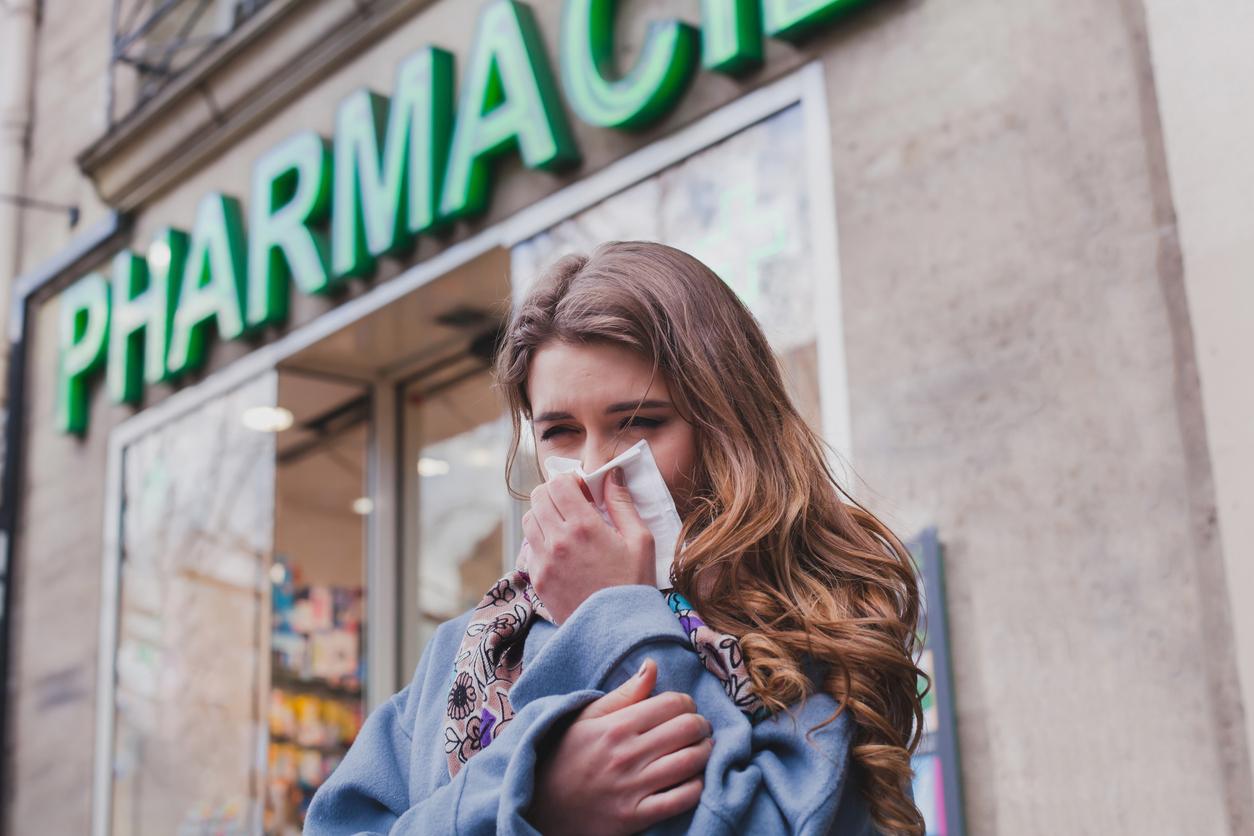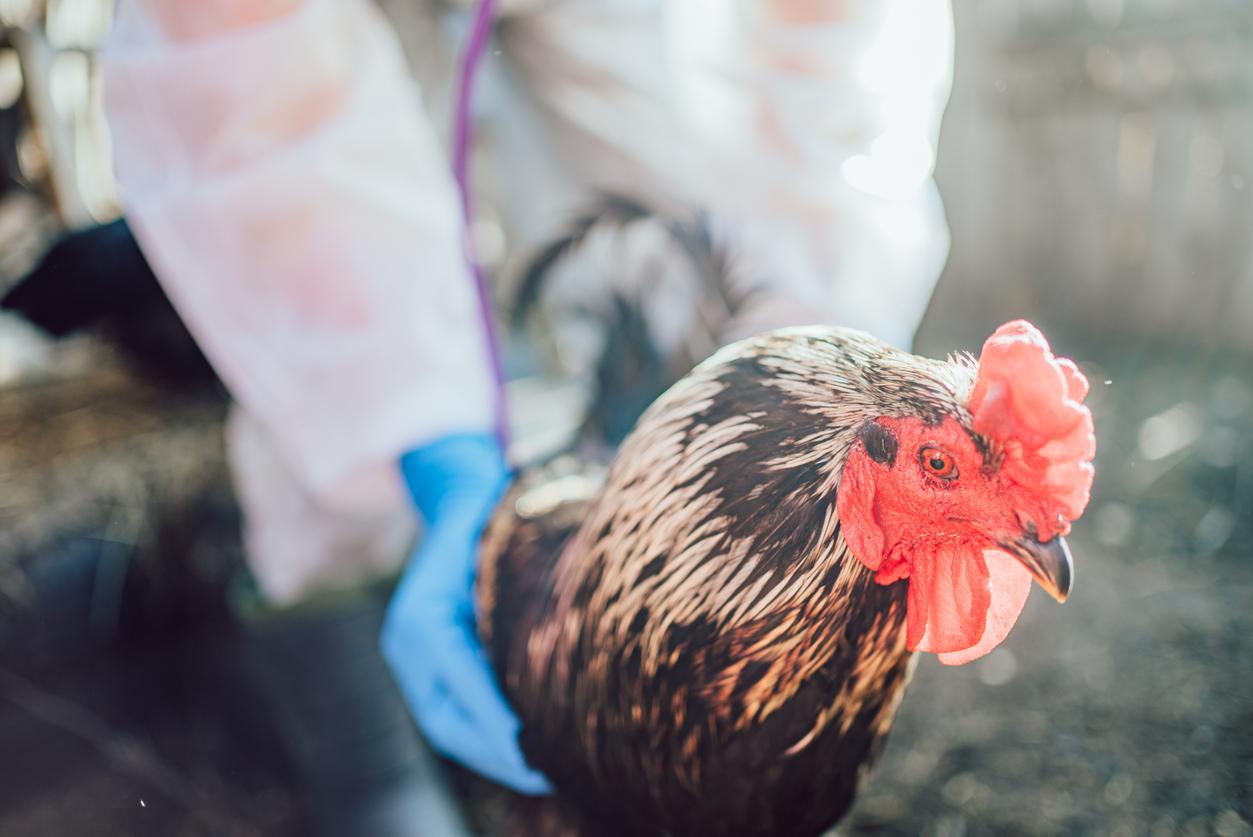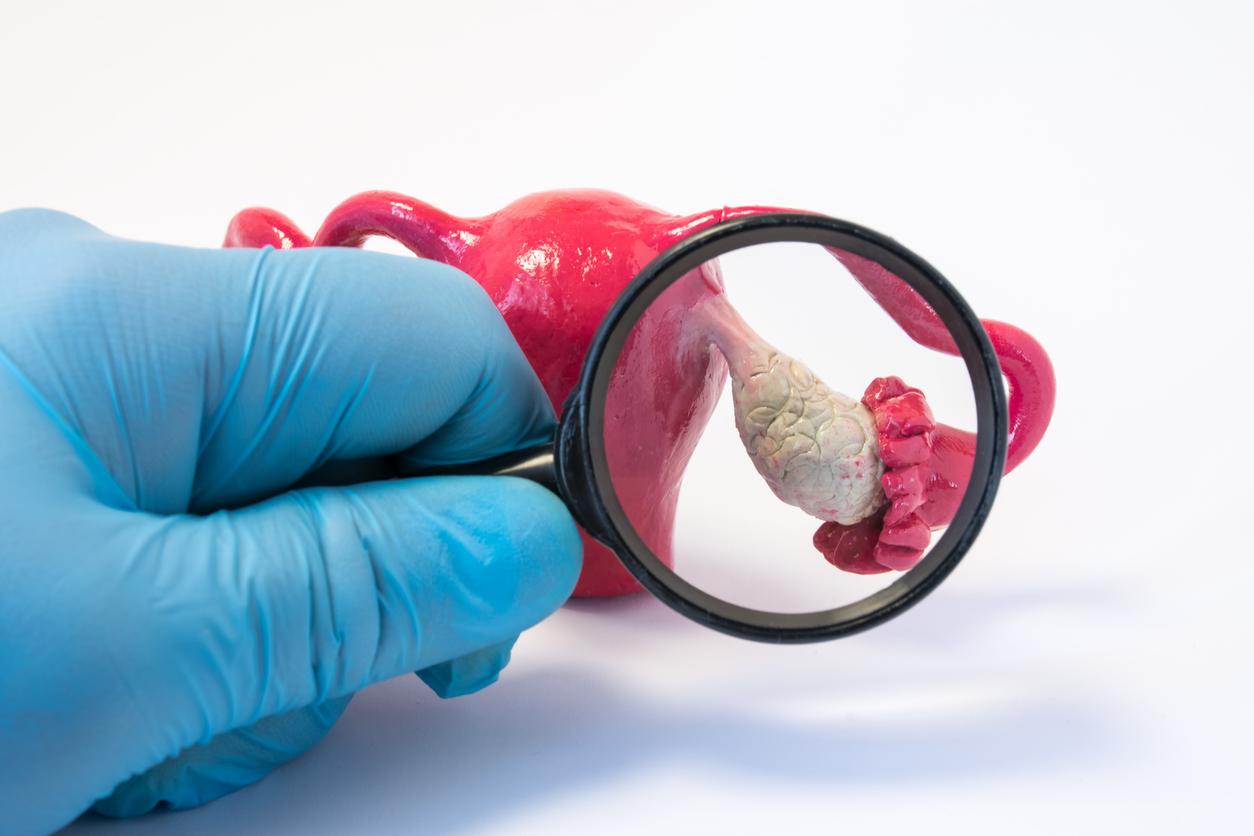While cholera is ravaging around Lake Chad and the plague is recurrent in Madagascar, is France really safe from these deadly diseases? Answers from Why Doctor.
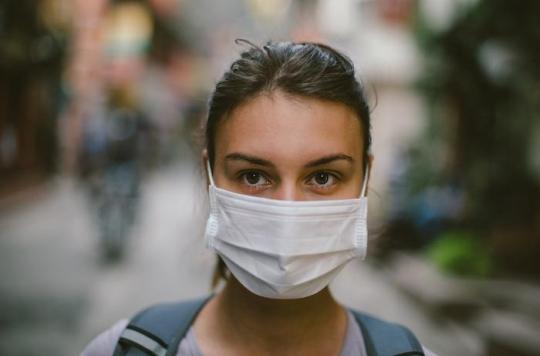
The plague is raging around Lake Chad, where it is said to have caused more than 500 deaths, and like every winter, the plague epidemic reappears in Madagascar, with already at least 3 deaths.
These deadly diseases that we thought were forgotten are still rampant in the world, mainly because of precarious economic conditions, sometimes because of war. In Europe, it is essentially the rules of hygiene that have made it possible to eradicate cholera. However, the same is not true in the countries of sub-Saharan Africa, the Lake Chad region and Asia, which are in an endemic situation (approximately 100,000 deaths per year).
In 2017, the WHO launched a global control strategy, which aims to reduce the number of deaths thanks in particular to better access to drinking water and the dissemination of hygiene rules.
Fear of imported infections
With the development of air transport, is France at risk of being contaminated by these dangerous bacteria? In theory, it is perfectly possible that a patient suffering from plague or cholera, at the beginning phase, arrives in France by plane. This is exactly what was feared during the small outbreak of cholera in Algeria in August.
The French Ministry of Health has remained discreet on the subject, but has reportedly raised its level of alert and put in place measures for the discreet surveillance of passengers on planes from this country. As the risk of infection is limited, neither systematic screening nor quarantine has been considered, in accordance with WHO recommendations.
The risk of imported infections
In reality, there are already cases of cholera arriving in France, but the living and hygienic conditions, as well as the chlorination of the water, make it very unlikely to see an epidemic emerge.
On the other hand, if the pulmonary form of the plague, which is very contagious, were to appear in our country, this would represent a real danger of an epidemic. But experts believe that this risk is more in the realm of bioterrorism than an imported case.
When to fear cholera?
the cholera is an infection of the digestive tract by bacteria (Vibrio cholerae). The infection is contracted by consuming water contaminated with human waste, or fruits and vegetables that have been in contact with contaminated water. Person-to-person contamination is exceptional.
After an incubation period of a few hours to a few days, the cholera infection is signaled by violent diarrhea, very abundant, most often without fever and sometimes accompanied by vomiting. Major dehydration follows which can lead to death from hypovolemic shock, especially in frail people. Management consists of urgently rehydrating the patient, with massive infusions, together with the prescription of antibiotic therapy.
When to fear the plague?
Each year, more than 300 cases of plague which are recorded in Madagascar during the epidemic season, which runs from September to April. But last year, 2,348 Madagascans were infected with the bacterium Yersinia pestis, and among them, 202 succumbed to the disease. Contrary to previous years, three-quarters of the patients were affected by the pulmonary form of the plague, much more serious and more deadly than the bubonic form… and much more contagious.
If the bubonic form is transmitted by fleas which develop on rodents, the pulmonary form is transmitted, from person to person, by the drops of saliva which are expelled, in particular at the time of coughing. The pulmonary infection is responsible for a devastating disease, which can kill in twenty-four to seventy-two hours.
The plague bacillus (Yersinia pestis) is still sensitive to antibiotics, which has made it possible, in combination with hygiene measures, to no longer observe these terrible epidemic waves of the past.
The risk of infection linked to travel
You have to know how to keep reason. The most common infections you are at risk of catching while traveling are the flu, a cold or gastroenteritis (if you are properly vaccinated and taking your malaria prophylaxis).
To avoid this kind of contamination, you must wash your hands regularly, drink only bottled water (or tea) and eat only cooked food. A study focused on the areas of airports where there was the greatest risk of contamination. His results were published in the American journal BMC Infectious Diseases.
The plastic trays used at security gates have the highest concentration of transmissible viruses. On average, the virus is present on 10% of the surfaces examined. The most found virus is the rhinovirus, the main cause of the onset of the common cold. The researchers also found the influenza A virus.



.









